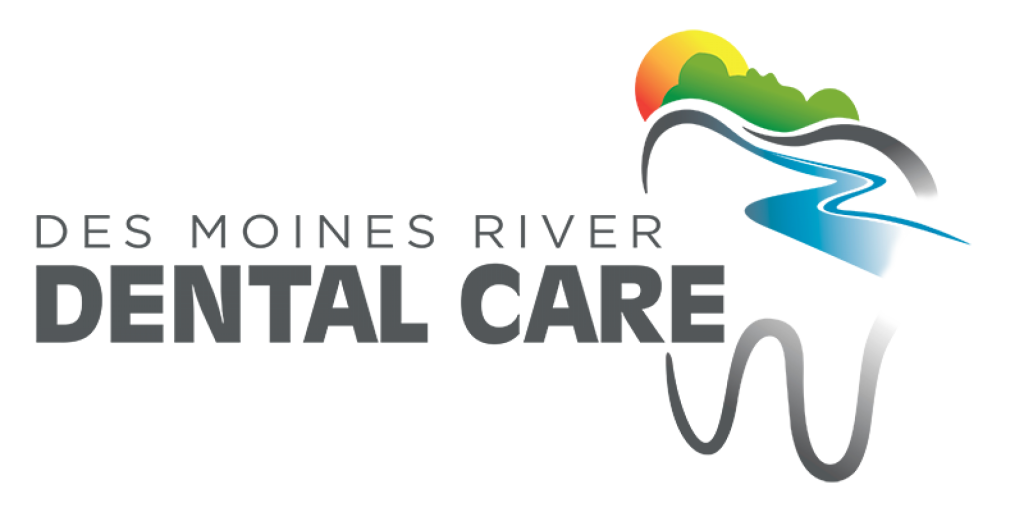Health and Well-Being Treatments
When one part of the body is unwell, it can affect other parts and even mental health. We recognize how interconnected these seemingly different pieces are to each other, so we offer some services aimed at affecting more than just your oral health. Our focus is on you, our patient, not just your teeth.
With our health and well-being treatments, our goal is to help improve your welfare as a whole through oral care. Whether that means giving you information and best practices or crafting a treatment strategy, we are ready to help you find the solution you need.
We dive into more details on each of the health and well-being treatments we’ve listed, so if you’d like to learn more about them, select the topic that interests you. If you don’t see a treatment for what you’re searching for, try another service page from the list below.
- For routine services and check-up practices, try our General Dentistry page.
- For specialized or complex treatments, try our Advanced Procedures page.
- For treatments to improve the aesthetics of your smile, visit our Cosmetic Dentistry page.
At Des Moines River Dental, your health and well-being remain our top priorities. Through our focus on preventive care and personalized treatments, we aim to enhance your quality of life and support your overall wellness. From treating gum disease and managing jaw disorders to providing custom snoring appliances and oral cancer screenings, we ensure that your oral health contributes to your overall well-being, helping you feel your best every day.
If you have any questions about our health and well-being treatments, feel free to contact us today!

